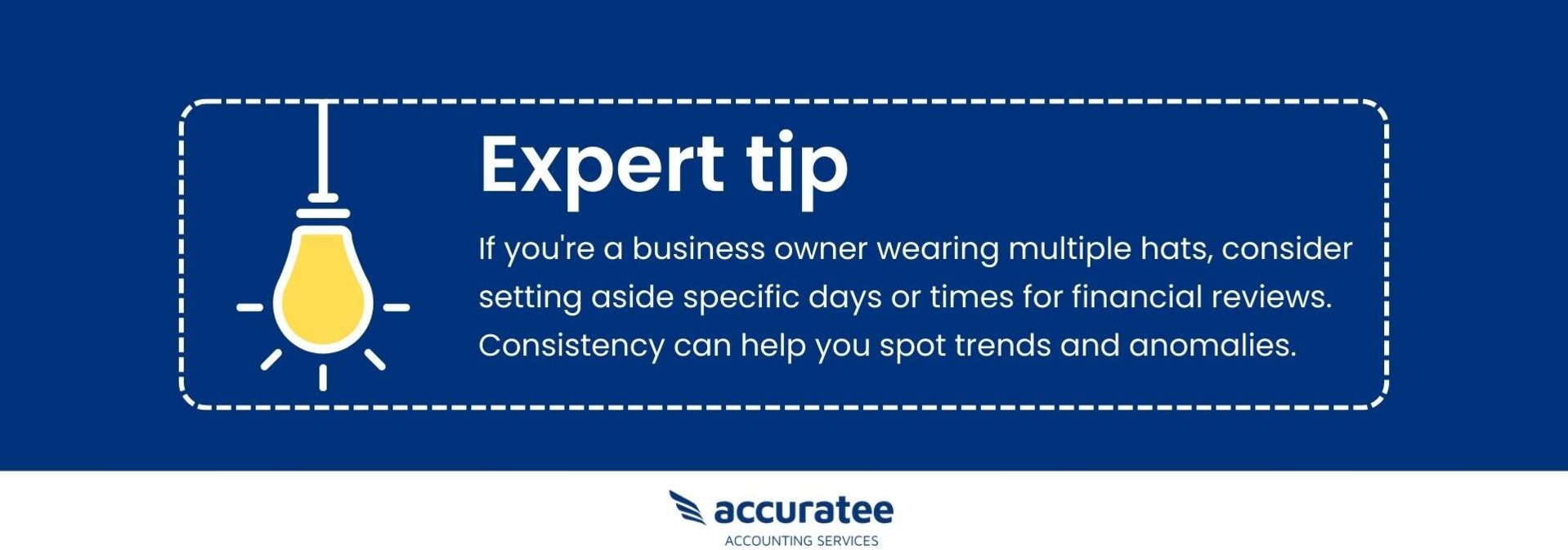What is the difference between a bookkeeper and a BAS agent?
Introduction:
When setting up a business, the financial aspect often poses a challenge. Two terms frequently pop up in this context: 'bookkeeper' and 'BAS agent.' At first glance, they might seem interchangeable, both entrenched in the world of numbers and financial records. However, the reality is a bit more nuanced.
For instance, if your business is a car, the bookkeeper ensures it runs smoothly, checking the oil and filling up the gas, while the BAS agent ensures it's compliant with all road regulations, avoiding any potential fines. Both are essential, yet their roles are distinct.
In this blog, we'll dive deep into the unique responsibilities of each, offering clarity on their differences and guiding you on which professional might be best suited for your business needs.
Key takeaways
Business Activity Statement (BAS) is a form that businesses must submit to the ATO in order to report and pay their tax.
Organising financial records is the first step in preparing an accurate BAS.
Accounting software can automate many tasks involved in BAS preparation, such as recording transactions and calculating GST.
Common mistakes in BAS preparation include clerical errors, incorrect tax classifications, and double-counting purchases.
What is a bookkeeper?
A bookkeeper maintains an organisation's essential financial records, commonly called ledgers. Their primary role is to document and oversee a company's financial transactions, such as purchases, expenses, sales, and invoices.
Typically a part of the accounting department, a bookkeeper ensures that financial data is accurately recorded in the general ledgers. These records subsequently form the basis for key financial statements like the balance sheet and income statement. Essentially, a bookkeeper manages the foundational stages of the accounting process, paving the way for accountants to finalise and analyse the financial data.
What are the duties of a bookkeeper?
The duties of a bookkeeper include the following:
- Maintaining financial records using accounting software, ensuring accuracy and providing instant data to management.
- Consistently preparing and dispatching invoices, tracking overdue payments, and issuing receipts to debtors.
- Handling payroll, maintaining employee details, and overseeing benefits.
- Performing bank reconciliations.
- Accurately generating reports for the Business Activity Statement.
- Identifying and reporting any discrepancies in the data to the management.
- Managing balance sheets, income statements, and other financial documents.

What is a BAS agent?
A BAS (Business Activity Statement) agent is an individual authorised to prepare and lodge business activity statements on behalf of businesses. They are pivotal in providing advice on BAS elements, such as routine business taxes like Goods and Services Tax (GST) and Pay As You Go tax (PAYG). These statements are essential for businesses to inform the government about their financial activities, including the money they've collected and the taxes they owe. This data is integral to a business's end-of-financial-year tax declaration.
Responsibilities of a BAS agent
The primary responsibilities of a BAS agent include the following:
- Ensure that businesses pay the correct amount of Goods and Services Tax (GST)
- Oversee the superannuation guarantee, which is the minimum percentage of salary that businesses pay into their employees' superannuation accounts.
- Calculate the amount of PAYG withholding tax and remit it to the tax office. They also manage PAYG instalment obligations, collecting regular tax instalments to prevent a large tax bill at the end of the financial year.
- Handle Taxable Payments Annual Reporting (TPAR), collecting information about payments made to contractors.
- Calculate and manage specialised taxes like the Wine Equalisation Tax (WET) and Luxury Car Tax (LCT).
- Advise clients about their tax obligations, helping them understand the types of taxes applicable to their business and the best methods for calculation.
- Collect and organise necessary documentation for the completion of a business activity statement.
- Act as a bridge between the tax office and their clients, addressing any queries or discrepancies related to business activity statements.
The key difference between a bookkeeper and a BAS agent
Qualifications and requirements:
To become a BAS Agent, one must have specific qualifications and adhere to stringent requirements. They should possess a Certificate IV Financial Services (either in Bookkeeping or Accounting) from a registered training organisation. Additionally, they must complete a Tax Practitioners Board-approved course in basic GST/BAS taxation principles.
Before applying for registration, qualified bookkeepers need at least 1,000 hours of relevant experience under a registered agent's supervision. Given the ever-evolving nature of taxation rules, BAS agents are also required to complete 45 hours of continuing professional education every three years.
Scope of work:
Bookkeepers are the financial custodians of a business's daily transactions. Their meticulous attention to detail ensures that every financial activity, from sales to purchases, is accurately documented. They maintain ledgers, manage invoices, and reconcile accounts, providing a clear snapshot of a business's financial health.
On the other side of the spectrum, BAS agents operate in a specialized niche. Their expertise focuses on the Business Activity Statement (BAS) and related regulatory and compliance documents. They advise businesses on their BAS obligations and have the authority to represent them in dealings with regulatory entities like the ATO, ensuring all provisions and obligations are met.

Advisory role:
While bookkeepers lay the groundwork by organising and maintaining financial records, BAS agents elevate this foundation by offering strategic financial insights. They delve deep into financial data, extracting trends and providing actionable recommendations. Their business advisory role is pivotal for businesses to navigate the complex financial landscape, especially when dealing with regulatory bodies. Furthermore, BAS agents have the unique capability to liaise directly with entities like the ATO, representing businesses and safeguarding their interests during discussions or disputes.
Ensuring compliance:
A maze of regulations governs the financial world. Bookkeepers, with their day-to-day handling of financial transactions, ensure that the foundational records adhere to standard practices. However, BAS agents are the torchbearers of compliance. Their deep understanding of financial regulations, especially those related to the BAS, ensures that businesses remain on the right side of the law. From designing robust compliance systems to reconciling complex transactions and ensuring accurate GST codings, they ensure businesses avoid potential pitfalls and penalties.
Safety net:
The realm of finance is not immune to errors. While bookkeepers strive for accuracy, the real safety net for businesses comes in the form of BAS agents. If a BAS agent makes an oversight or error, businesses have the cushion of "safe harbour" provisions. These provisions shield businesses from certain administrative penalties that the ATO might impose. It's a layer of protection that offers businesses peace of mind in the intricate world of financial compliance
Extensions:
Time is a precious commodity in the financial world. While bookkeepers ensure that records are timely and updated, BAS agents bring an added advantage to the table. They can secure extensions for lodging critical regulatory documents like the BAS. This grace period can be a lifeline for businesses, allowing them the luxury of extra time to double-check, refine, and ensure the accuracy of their submissions.
Simplification:
The financial landscape, with its myriad rules and nuances, can be daunting. Bookkeepers provide clarity by organising and streamlining daily financial data. However, BAS agents take simplification to the next level. With their expertise, they demystify complex processes, making intricate tasks more accessible and understandable. Their role ensures that businesses not only understand but can also navigate their financial obligations with ease.
Timely lodging and payments:
Financial punctuality is paramount. While bookkeepers ensure that records are current and transactions are promptly documented, BAS agents are the guardians of deadlines. They prioritise the timely completion of essential paperwork, ensuring tax return are lodged, and payments are dispatched as scheduled. Their proactive approach minimises last-minute scrambles, ensuring businesses remain compliant and in good standing with regulatory bodies.
Do bookkeepers always need to be BAS agents?
Not every bookkeeper is mandated to be a BAS agent. The Tax Agent Services Regulations 2022 (TASR) outlines specific qualifications and experience that an individual must possess to be recognised as a BAS agent. When businesses seek external expertise for BAS services, the chosen professional must be duly registered as a BAS agent. While bookkeepers can opt to expand their expertise and become BAS agents, this transition requires them to be registered with the Tax Practitioners Board.
Furthermore, certain tasks, such as GST and payroll processing, can be undertaken by bookkeepers, but only if they are under the direct supervision of a registered BAS agent. In scenarios where such supervision is absent, bookkeepers must strictly adhere to their primary role, refraining from delving into tasks reserved for BAS agents. This distinction ensures clarity in roles and upholds the integrity of accounting services.
How healthy is your business financially?
Conclusion
Understanding the roles of a bookkeeper and a BAS agent is essential for any business owner. Both roles are crucial, but they cater to different financial needs. Tackling bookkeeping and BAS tasks can be a challenge without expert guidance. This is where CleanSlate steps in. We offer comprehensive bookkeeping services, complemented by our seasoned BAS agents, who ensure everything is compliant and in order.
Our dedicated team at CleanSlate is committed to simplifying your financial processes and providing clarity. When you choose CleanSlate, you're partnering with a team that prioritizes your business's financial stability and growth. Experience the peace of mind that comes with having CleanSlate by your side. Contact us now to know more.

































